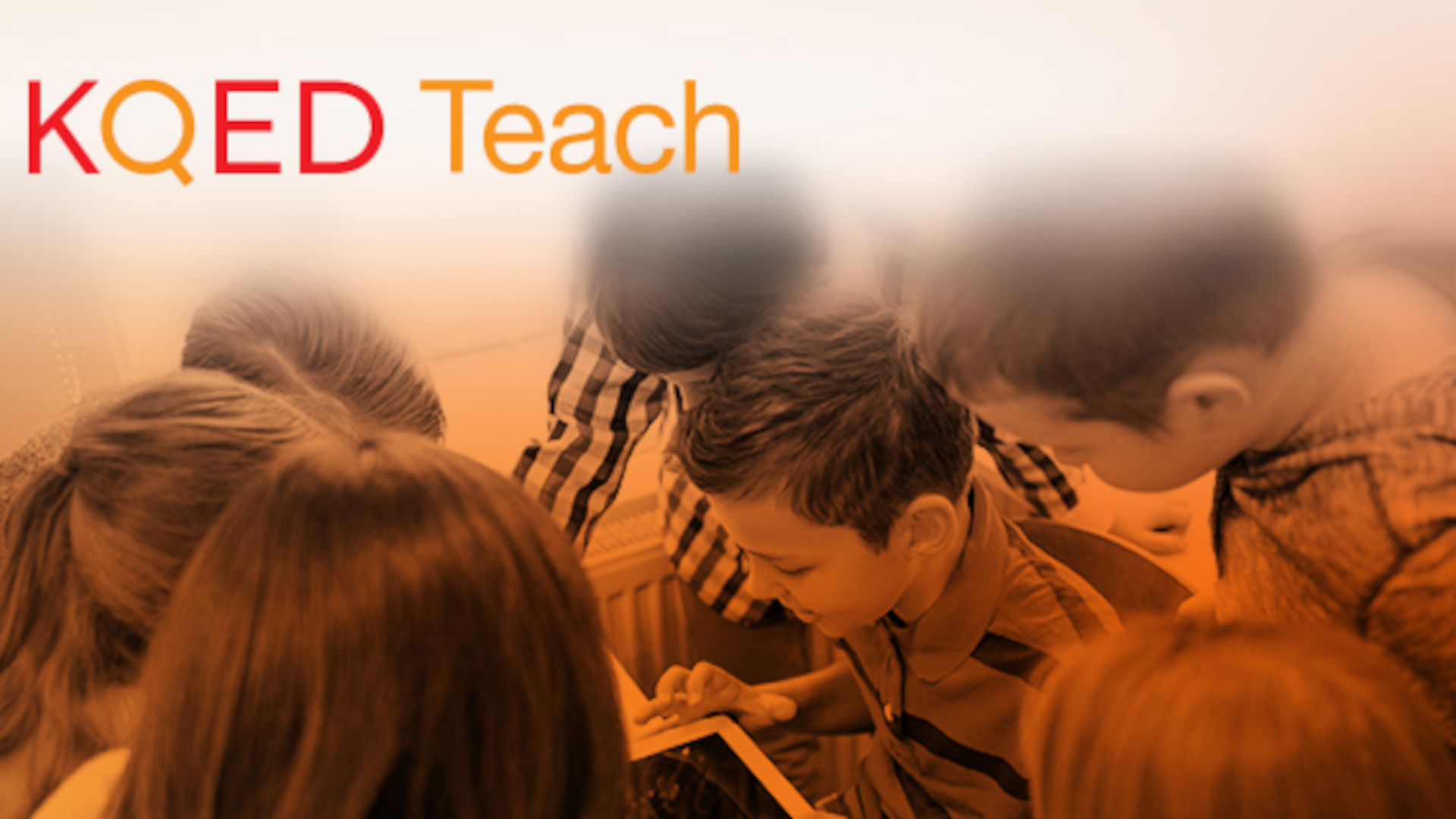What Teachers Must Know to Help Students Know
Tools and ideas to transform education. Sign up below.
You are now subscribed
Your newsletter sign-up was successful
from Educators' eZine
Adults assume students are tech-savvy, but in doing so we assume far too much. Students are good at using computers — for the things in which they are interested, which gives off a false illusion. I believe in a 10% theory of knowledge. If someone knows 10% more than another person and they exude confidence in the subject matter, people often get a false impression of knowledge. This is happening with our students and the belief that our students are tech-savvy.
I was helping a student with her homework assignment on the American Revolution. The teacher had asked her to examine a short list of battles and find out which side won each. Even though I consider myself to be very tech-savvy, I assumed the best place to find the answers would have been the student's textbook. This particular student disagreed. She chose to go straight to the Internet to complete her research.
I found her choice to be fascinating. Later that day, I talked to the teacher about the assignment as I had a suspicious feeling that she assumed the students would just use the textbook to find the answers. Not only did she confirm my suspicions, she was flabbergasted when I mentioned how many students had gone to the Internet first. The students could have easily used their textbooks and looked up each battle in the index. But it had not crossed the students' minds to even use their textbook.
My fascination with the student's methods continued as I watched how she went about using the Internet and, more specifically, Google. She kept typing in keywords for a Google search and would proceed to use the site summaries to find her answers. She never once checked a site's validity. In the middle of watching this experience, I decided to check out how many other students in my class were doing the same thing. Using Google's site summaries was so common that it was downright scary.
Someone should actually do a scientific study to find out the impact that Google has on the general population's knowledge level. I thought this was just a student phenomenon — until I was working with a teacher later that same day and found that teacher was doing the same thing. Google has become so omnipresent that we take it for granted that it is more than simply a search engine based on proprietary algorithms! The blind assumption of truth on the Internet has reached alarming proportions.
We have an obligation to teach our students about using the Internet better. Using the Internet, multi-media resources, web 2.0 tools, and other modern research conveniences requires different learning strategies. Educators must begin to focus on how people will be required to learn or gather information in this new technical world. History used to be written by the victors; now it is written by the people who can get their sites ranked highest in Google.
Tools and ideas to transform education. Sign up below.
I don't think we truly understand the importance of high ranking for websites within Google. The Invisible Web is out there, but your common users can't get to that information. We rely on Google and other search engines far too much. Can you imagine if sites like the Library of Congress, Smithsonian, and the National Archives were used less for research than 'Joe Bob's Website' because the people who run that site were able to push it up the Google ranking?
Educators need to break away from the traditional role of teaching to embrace these new learning strategies. Too many times I have heard colleagues mention their personal preferences as a reason for not embracing technology in their classroom. I have heard colleagues mention that they would never read an E-book from a palm or laptop computer because they enjoy a real book so much. These same teachers are not using new technologies in their classrooms, which hinder their students learning.
As students continue to reach for technology such as the Internet, Web 2.0 tools, cell phones, text messaging, RSS feeds, blogging, etc., educators need to embrace these technologies as well. We need to understand that these new technologies require different learning strategies. We need to give our students the strategies that will help them learn in today's world. Even if we don't prefer to use a new technology in our own learning, we need to know the students will use them. If we don't learn how they are using technology, than they will probably continue to use it poorly.
"The Workforce Readiness Report Card" from the Partnership for 21st Century Skills, The Conference Board, Corporate Voices for Working Families, and the Society for Human Resource Management identified the applied skill of information technology application to be as important as reading, writing and math as a skill for future workers.
I understand that change is difficult. I understand that changing our educational mindset is even more difficult. But recall President John F. Kennedy's inspiring sentiment about our attempts to reach the moon: we do it not because it is easy but because it is difficult. Difficult doesn't mean we shouldn't do it.
Just because students appear to know more about computers than adults doesn't mean they are truly technically literate. Students know and learn about the things they are most interested in, but they do not focus on everything they need to know. We as teachers must embrace technology ourselves even if it isn't within our personal preference to do so — otherwise we will continue to produce unprepared students.
Email:Scott Meech
